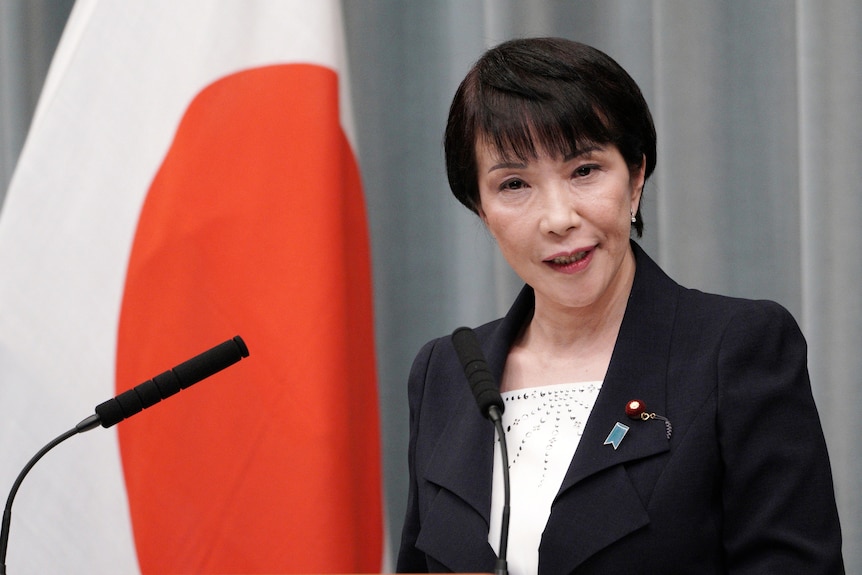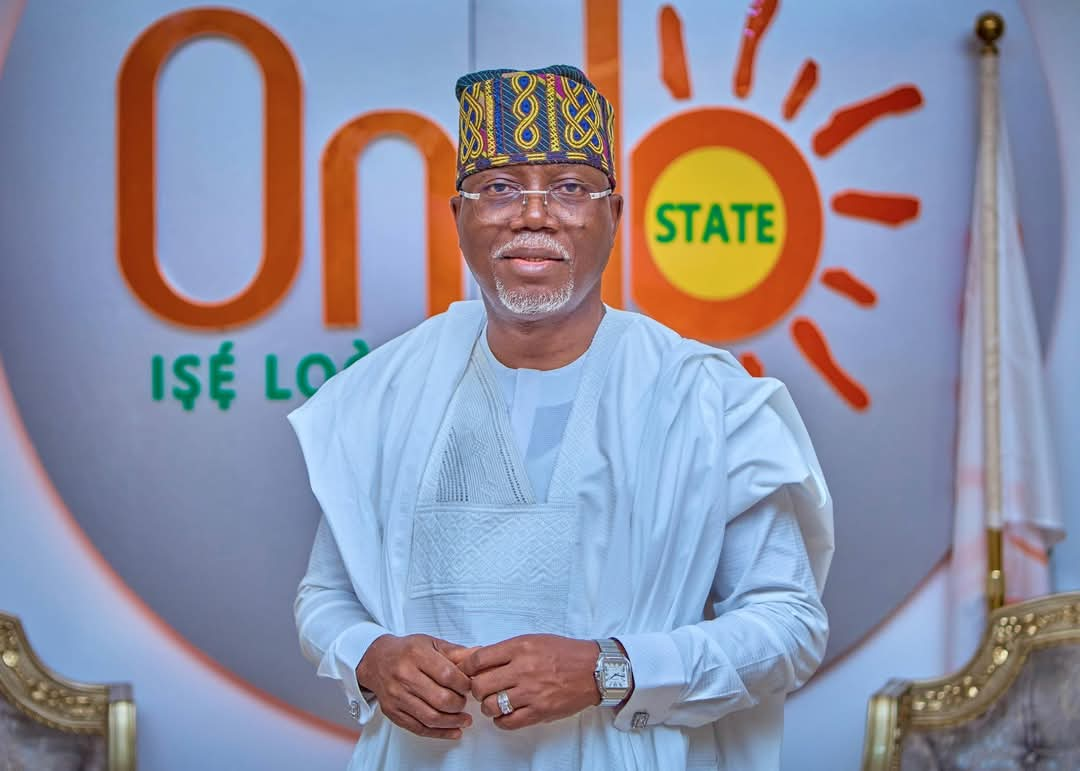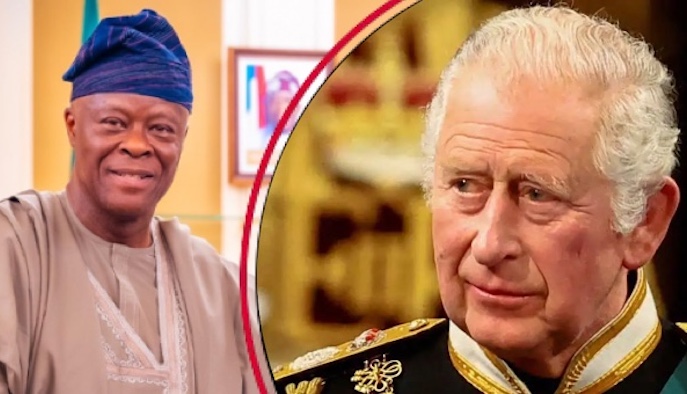Japan’s Prime Minister Shigeru Ishib announced his resignation on Sunday, less than a year after taking office, following two bruising election defeats that cost his Liberal Democratic Party (LDP) its long-held dominance.
The decision comes a day before the LDP was due to meet to consider a leadership vote that could have forced him out. Instead, Ishiba pre-empted the challenge by stepping aside, saying the timing was right after securing a trade deal with Washington.
“Now that a conclusion has been reached in the negotiations concerning the US tariff measures, I believe this is precisely the appropriate time,” the 68-year-old leader said, referring to last week’s agreement to ease tariffs imposed by US President Donald Trump on Japanese car exports and other goods.
Ishiba took office in October 2024 promising to curb rising prices and steady relations with Japan’s allies. But his tenure was plagued by economic headwinds, soaring inflation, and deepening unease about regional security, particularly tensions with China.
Under his leadership, the LDP lost its lower house majority for the first time in 15 years, followed by another defeat in July that stripped the party of its upper house majority. For a party that has governed Japan for nearly seven decades, the back-to-back losses were a historic blow.
Read Also: Google Hit with $3.45B EU Fine Over Ad Tech Practices
Ishiba admitted responsibility for the defeats but insisted his government had to see through negotiations with the US before stepping down. “I have strongly believed that negotiations concerning the US tariff measures, which could be described as a national crisis, must be brought to a conclusion under our administration’s responsibility,” he said.
Public discontent over the rising cost of living, including the doubling of rice prices within a year, severely eroded support. Controversies, such as appointing only two women to his cabinet and accusations of gifting luxury items to party members, further damaged his credibility.
Ishiba said he would continue to serve “the people” until a new prime minister is chosen, but his departure ushers in a period of political uncertainty. Japan, the world’s fourth-largest economy and a key US ally, now faces leadership transition at a delicate moment for both its domestic stability and regional role.










